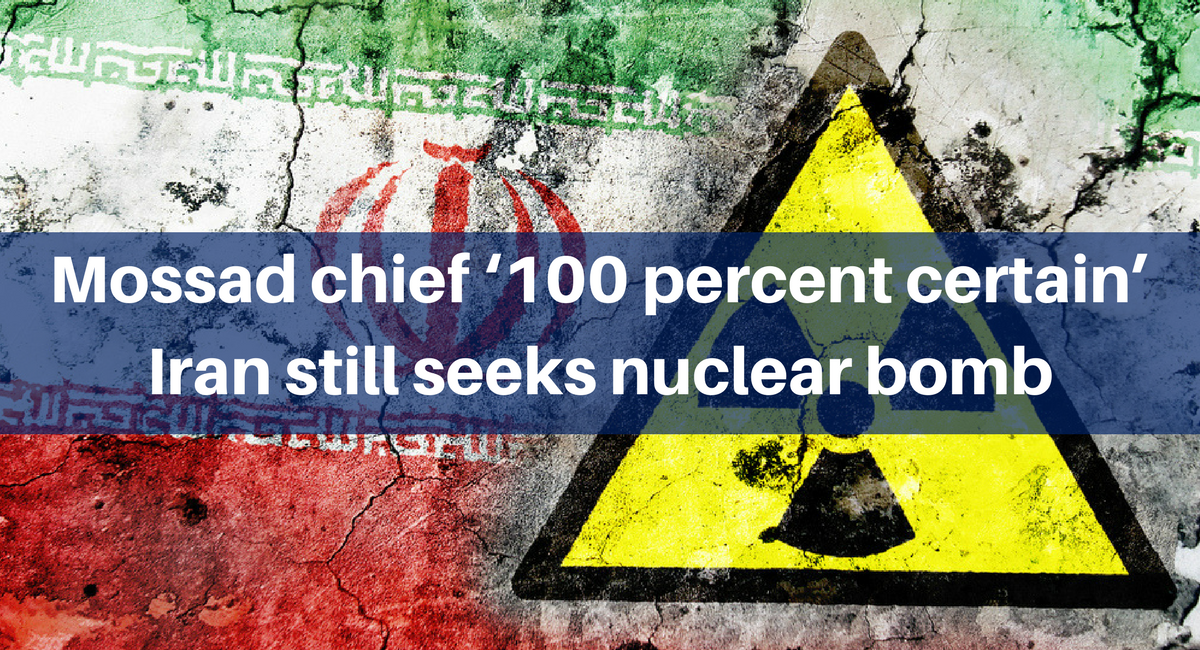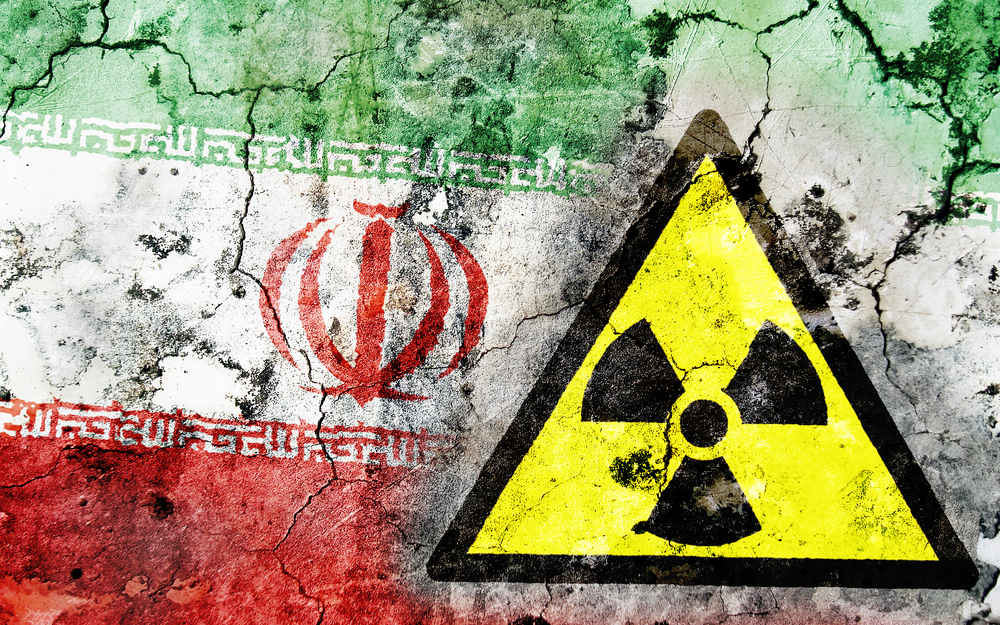“Then Iran will be able to enrich enough uranium for an arsenal of nuclear bombs,” Cohen said, according to the meeting participant, who spoke on condition of anonymity because he was discussing a classified security matter.
“As head of the Mossad, I am 100 percent certain that Iran has never abandoned its military nuclear vision for a single instant. This deal enables Iran to achieve that vision,” Cohen said. “That is why I believe the deal must be completely changed or scrapped. The failure to do so would be a grave threat to Israel’s security.”Cohen also criticized the decision to lift sanctions on Iran, saying it has resulted in “significantly increased” aggression by Iran, and noted Iran’s continued development of long-range ballistic missiles.
Cohen’s comments come amid an intense international discussion about the future of the 2015 nuclear deal, in which Iran agreed to curbs and inspections on its nuclear program in exchange for relief from international sanctions.
His analysis aligns closely with that of Prime Minister Benjamin Netanyahu at a time the Israeli leader is hopeful that President Donald Trump can negotiate changes to the deal. The issue has sparked some debate inside Israel’s security community, with some voices pointing to positive aspects of the deal in that it has delayed Iran’s nuclear development.
Trump has set a mid-May deadline for changes while also threatening to withdraw from the deal. However, it remains unclear whether a compromise can be reached, and how Iran would react.
Read More: Times of Israel


